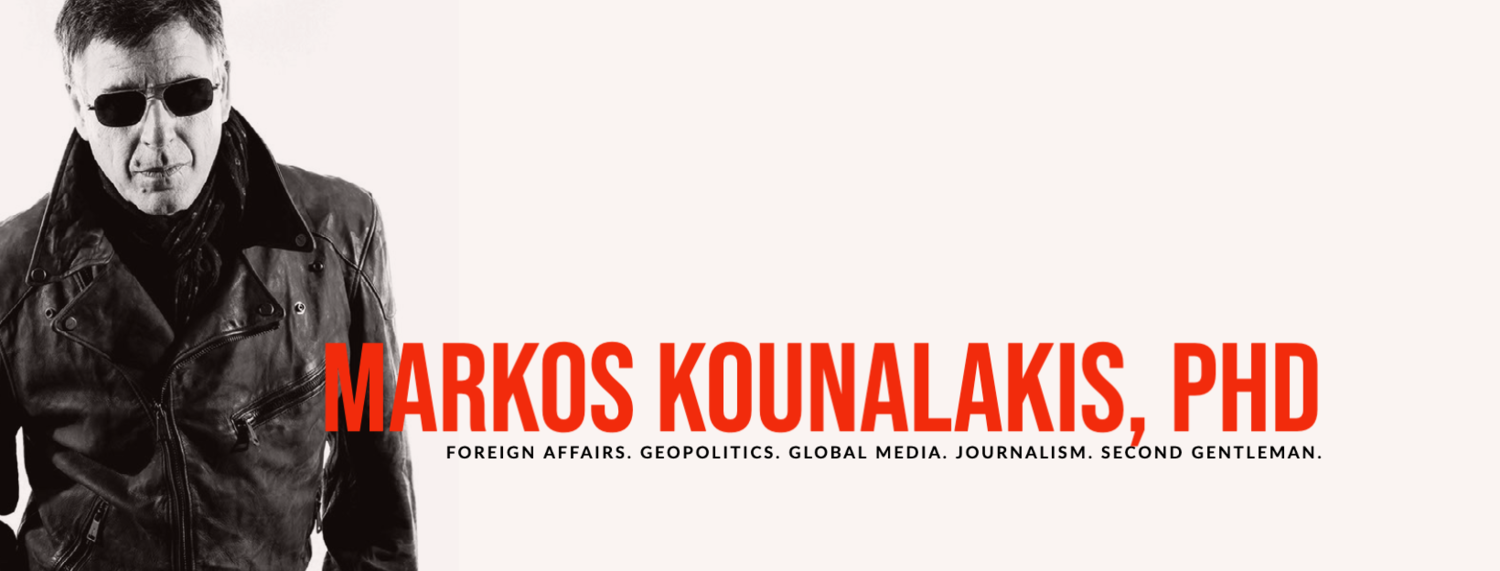Turn European youth unemployment into NATO deployment
Breaking up, it turns out, is not so hard to do. It is a simple matter of a stupid vote.
The “Brexit” result is a shock to the international financial system, a threat to post-Cold War stability and raises tensions in a region with a historically bad war habit.
Brexit dealt a new blow to European integration and collective strength, and adds pressure to a further weakened European Union already facing strategic challenges from places like Russia.
Despite Brexit’s destabilizing potential, there is one European-wide institution that promises to be a unifying European political structure. It is NATO, the North Atlantic Treaty Organization, a voluntarily built, Cold War-tested and generationally supported collective security alliance binding America to free, liberal democratic European states. Read more













